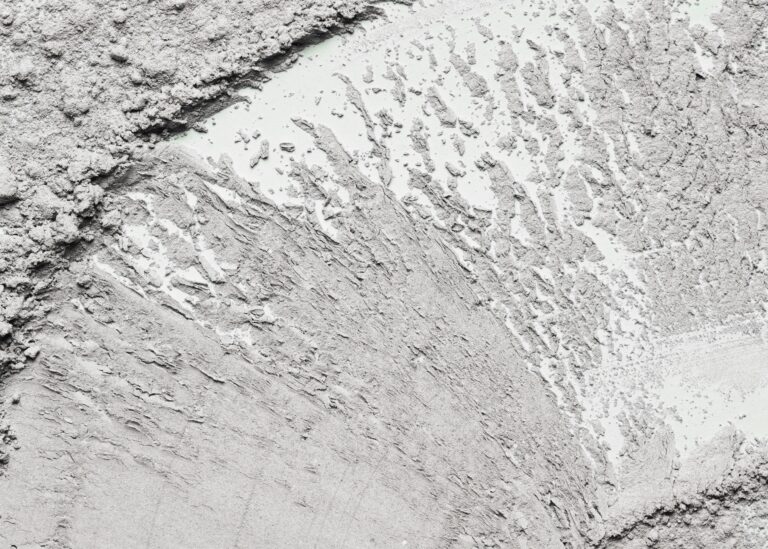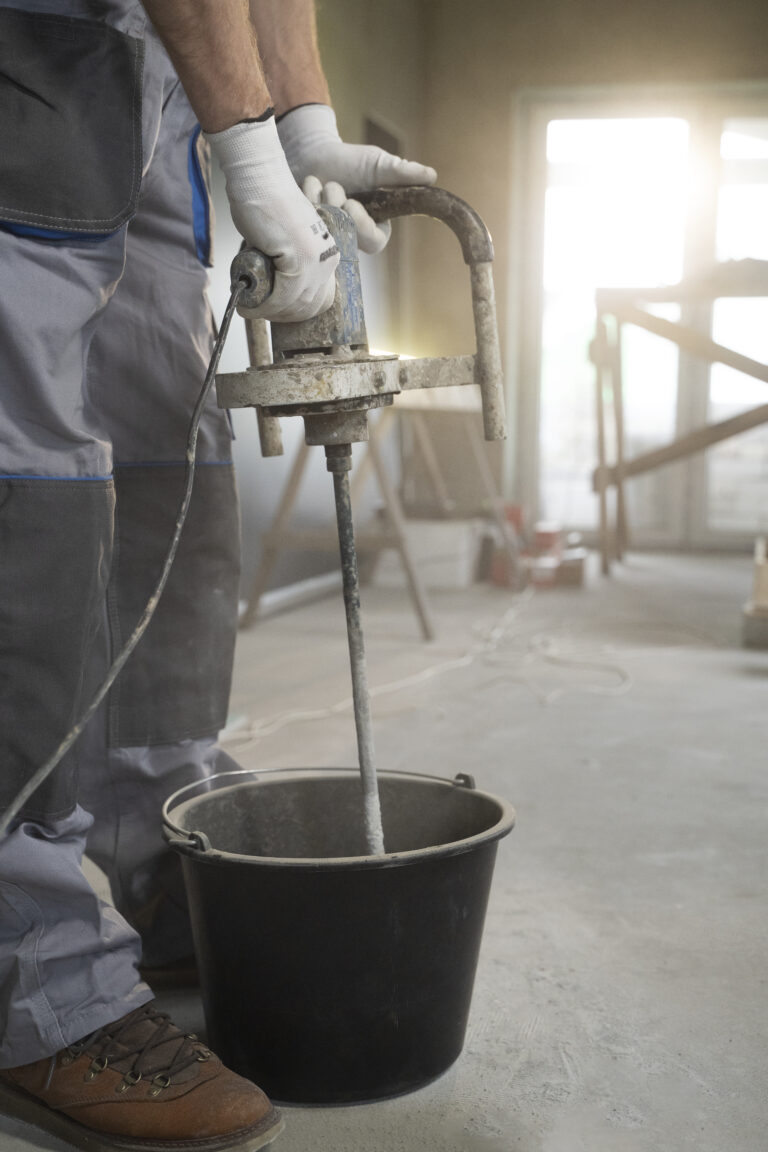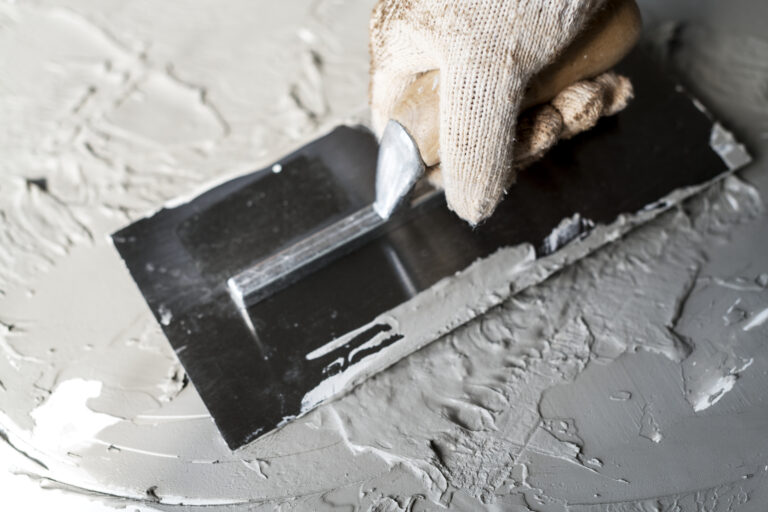Concrete repair: the importance of rehabilitating damaged structures and how to do so
We use concrete repair to rehabilitate concrete structures. These suffer from corrosion or damage as a result of environmental factors or prolonged use. Rehabilitation of concrete structures is vital to maintaining the importance of buildings and infrastructure such as bridges, dams, residential and commercial buildings.
The importance of concrete repair
Repairing concrete structures is an essential part of maintaining these structures. This repair is of great importance for several reasons:
Maintaining public safety: Repairing concrete structures contributes to maintaining the safety of buildings and infrastructure. This includes bridges, dams, and residential and commercial buildings. Thus, this repair protects individuals and property from danger.
Reducing additional costs: If we do not repair damaged concrete structures in a timely manner, the damage may worsen. This requires greater repair costs or even replacing the entire structure, which consequently leads to enormous financial costs.
Improving quality and durability: Repairing concrete structures helps restore the importance of the structure and increase its durability. This extends the useful service life of the building or primary structure.
Reducing environmental pollution: Damage to concrete can lead to the leakage of harmful substances into the surrounding environment. This contributes to environmental pollution. We can reduce the negative impact by rapid response and repair of concrete structures.
Preserving cultural heritage: Preserving historical and heritage buildings is an important part of the community’s cultural identity. Repairing concrete structures can help preserve this heritage and ensure its continuity for future generations.
How to repair concrete
The concrete repair process requires significant technical expertise and the use of advanced techniques and high-quality materials to ensure the quality of the repair and the durability of the renewed structure. It also requires adherence to engineering and safety standards to ensure the safety of treated buildings and structures.
This process includes several steps, starting from the initial assessment of the damage and determining its causes. All the way to determining the appropriate techniques and materials for repair. Common techniques used in concrete repair include:
Correcting cracks and fissures: We usually do this using special materials to fill the cracks. We also do this to prevent the leakage of water and harmful substances into the concrete.
Concrete re-strengthening: We do this by applying fiber-reinforced materials or adding reinforcement structures to the damaged concrete. This enhances its structural strength.
Surface covering: We can use special coating materials to protect the surface from corrosion and environmental factors.
Partial or complete reconstruction: In some cases of severe damage, we completely demolish the damaged parts and we rebuild it again.
Materials used in concrete repair
There are many materials we use in the repair of concrete structures, and their uses vary depending on the type and extent of damage and environmental and economic conditions. These materials depend on the specific application and repair requirements, and we must carefully select them to ensure the effectiveness of the repair and the durability of the renovated structure.
Among the common materials used in repairing concrete structures are:
Filling and working materials (Grouts): We use them to fill cracks and gaps in damaged concrete. They are usually thin materials suitable for small leaks.
Repair Mortars: Used to correct and rebuild damaged concrete, they are usually a mixture of cement, sand, and additives that enhance adhesion and durability.
Concrete Strengthening Materials: We use them to increase the strength and durability of damaged concrete, and include materials reinforced with fibers, acrylic, and polymers.
Special coatings and coatings: We use them to protect concrete from corrosion and environmental factors, and include polymeric coatings and special coatings with water and chemicals.
Sealants: We use them to fill gaps and seams and prevent water and harmful substances from leaking into the concrete.
Reinforcement Materials: We use these materials to strengthen and reinforce the damaged concrete structure, and include reinforcing bars, glass fibers, and carbon fibers.
In conclusion, concrete repair represents an investment in the preservation of infrastructure and buildings, in the safety of people and the environment, in the preservation of cultural heritage, and generally enhances the quality and sustainability of life.






